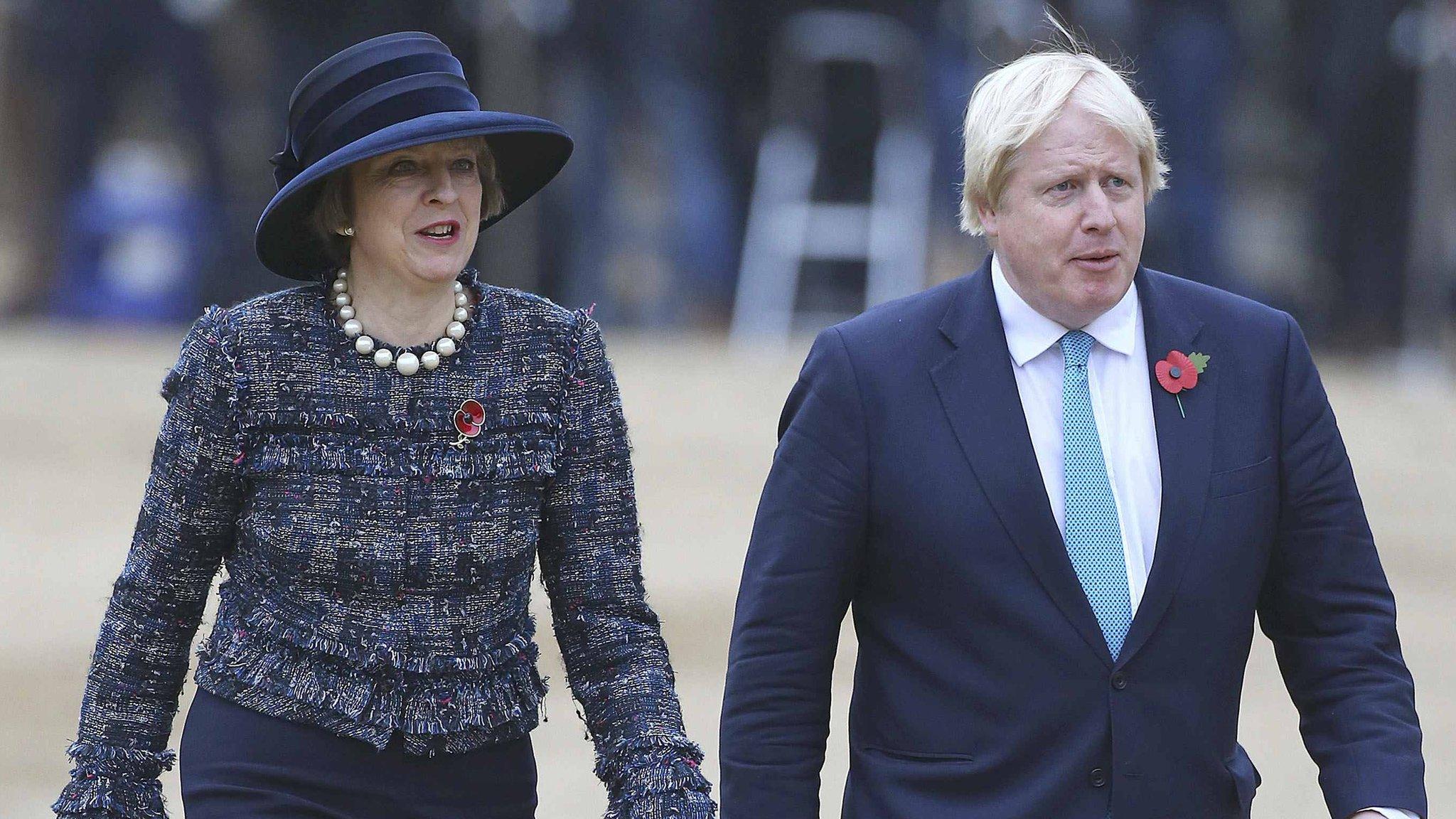Brexit must happen on time, Theresa May insists
- Published
- comments
May 'clear' she expects to trigger Article 50 by March 2017
Theresa May has said she is "clear" she expects to start talks on leaving the EU as planned by the end of March.
The prime minister also played down the chances of an early general election, saying the next one "should" take place as scheduled in 2020.
The government is appealing against the High Court's decision that MPs and peers should vote on triggering Brexit.
Mrs May said judges should "specify how" the vote might happen, if ministers are defeated again.
The High Court ruled last Thursday that Parliament should have a say before the UK invokes Article 50 of the Lisbon Treaty - which triggers up to two years of formal EU withdrawal talks.
Labour has said it will not attempt to delay or scupper this process.
But the government argues that a parliamentary vote is not necessary as it already has powers to decide when negotiations with the EU should start. The Supreme Court is expected to hear its appeal early next month.
Speaking to BBC Business Editor Simon Jack on a trade visit to India, Mrs May said: "I'm clear that I expect to be able to trigger Article 50 by the end of March next year. That's what I've said consistently and I continue to work on that basis."
She added: "We believe the government has got strong legal arguments. We'll be putting those arguments to the Supreme Court and the Supreme Court will make its judgement."
There is some debate about whether a vote at Westminster on invoking Article 50 would require a full Act of Parliament, or whether it could happen much more speedily by MPs and peers agreeing to a resolution - a written motion - instead.
Labour's Keir Starmer reacts to Brexit Secretary David Davis' statement on Article 50
Asked about this, Mrs May suggested that she would expect the court to set out which of the two options would be required.
She said: "If it were the case that the Supreme Court were to uphold the view of the High Court, then the judgement would set out what the details were."
In recent days, the idea of an early election has been raised, but Mrs May said: "I've been clear the next general election should be in 2020.
"The government is getting on with the job in delivering what people voted for on 23 June which was for Britain to leave the European Union. We're going to put that in to practice."
In June's UK-wide referendum, voters opted by 51.9% to 48.1% in favour of leaving the EU.
Brexit Secretary David Davis' statement to MPs after the High Court ruling on Article 50
Earlier on Monday, Brexit Secretary David Davis gave the government's official response to the High Court's ruling, telling MPs the referendum result "must be respected and delivered".
He added: "There must be no attempt to remain inside the EU now, attempting it behind the back door or a second referendum."
For Labour, shadow Brexit secretary Sir Keir Starmer said Parliament had to have a vote on the issue, as it was "sovereign" and, because of this, "that scrutiny matters". However, his party would not "frustrate" the process of invoking Article 50, he added.
He told MPs the government's approach was "unravelling" in an "ugly way", adding: "We saw a series of appalling personal attacks on the judges, including the suggestion that they were 'enemies of the people'." This was a reference to a headline used in the Daily Mail on Friday - the day after the High Court's decision.
Mr Davis insisted that "we believe in and value the independence of our judiciary", but defended the freedom of the press. "Both these things underpin our democracy," he said.
Suzanne Evans, one of the three candidates for the UKIP leadership contest, told BBC Radio 4's Today programme that judges could be "subject to some kind of democratic control" following the High Court's decision.
She did not want to undermine "their judicial independence", but added: "I suppose that in this case, we have had a situation where we have judges committed to stay in the European Union...
"I'm questioning the legitimacy of this particular case. We know that the legal profession threw a collective hissy fit when we voted to leave."
Scotland's Brexit minister, the SNP's Michael Russell, said he could not imagine any circumstances in which his party's MPs would vote in favour of triggering Article 50.
- Published6 November 2016
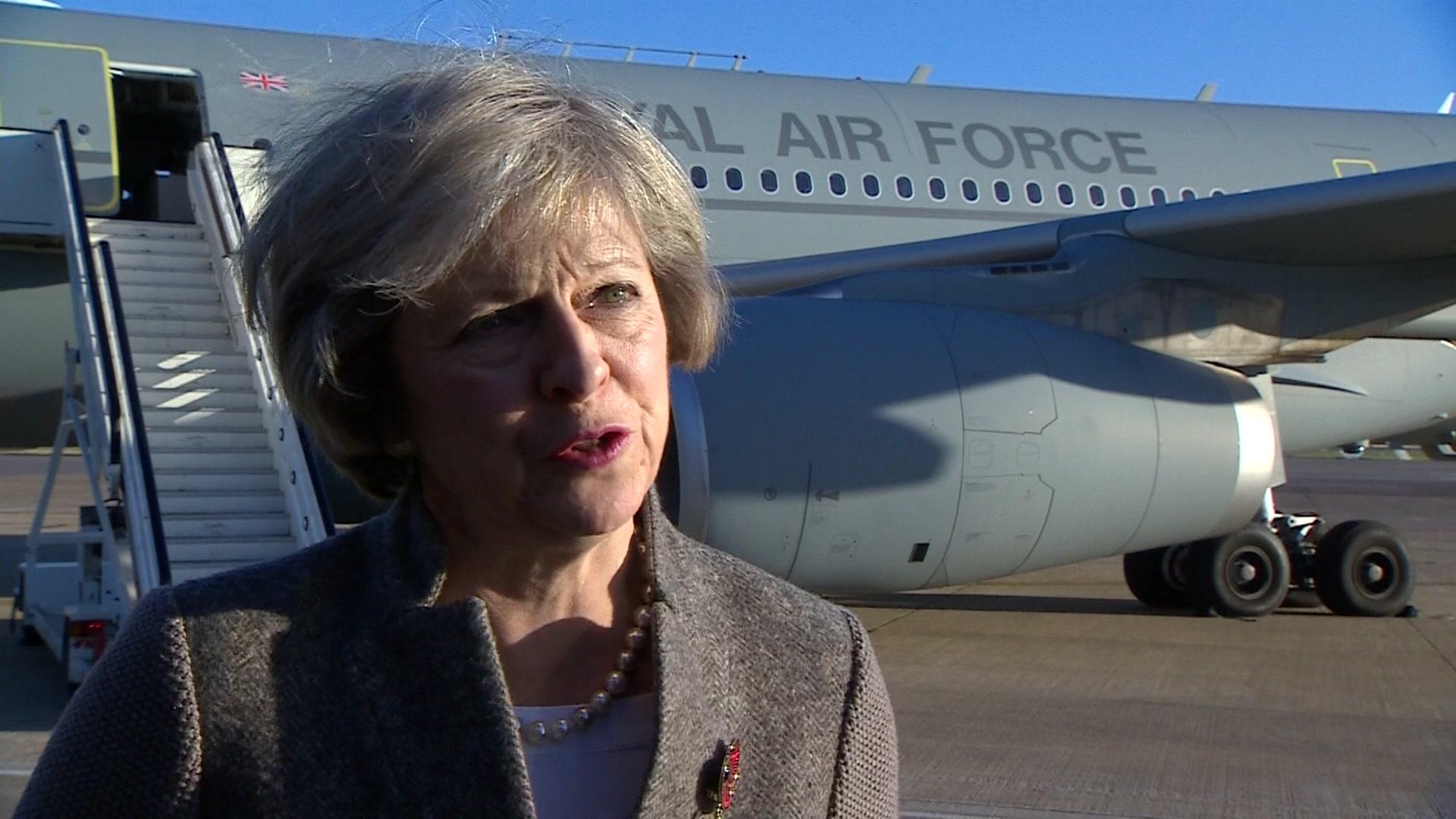
- Published6 November 2016
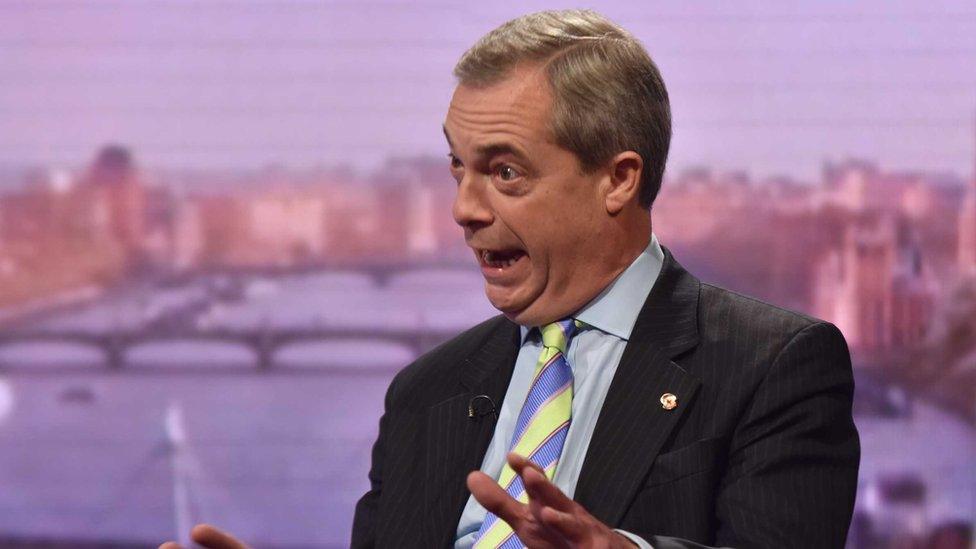
- Published5 November 2016
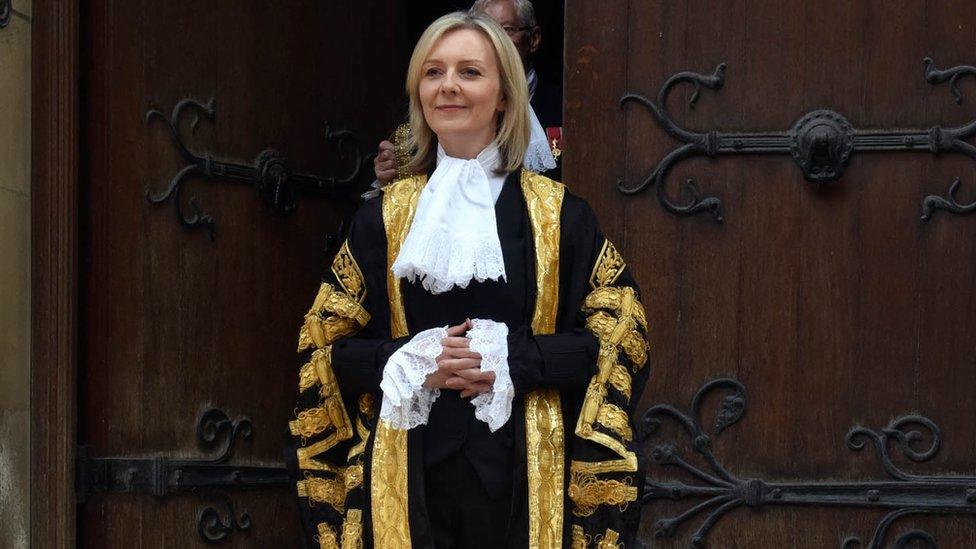
- Published5 November 2016
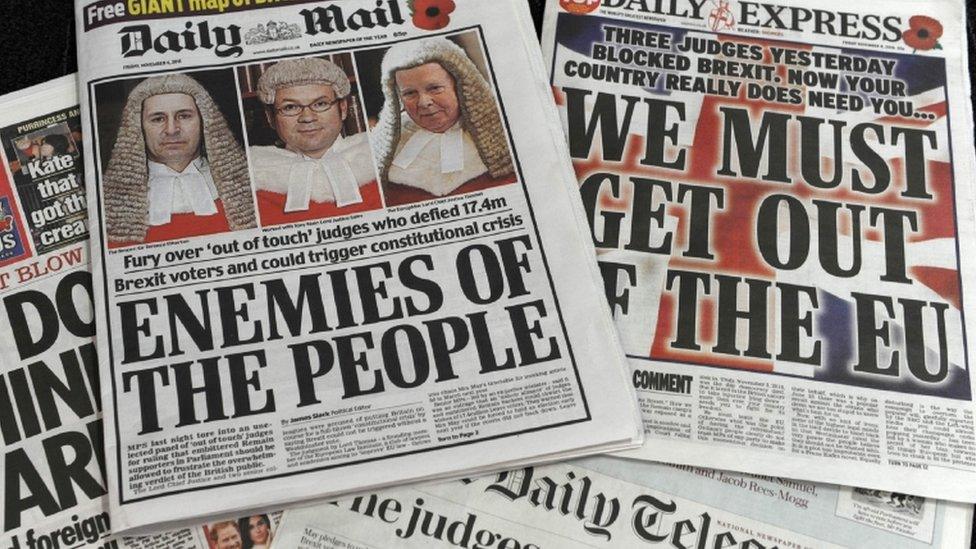
- Published4 November 2016
